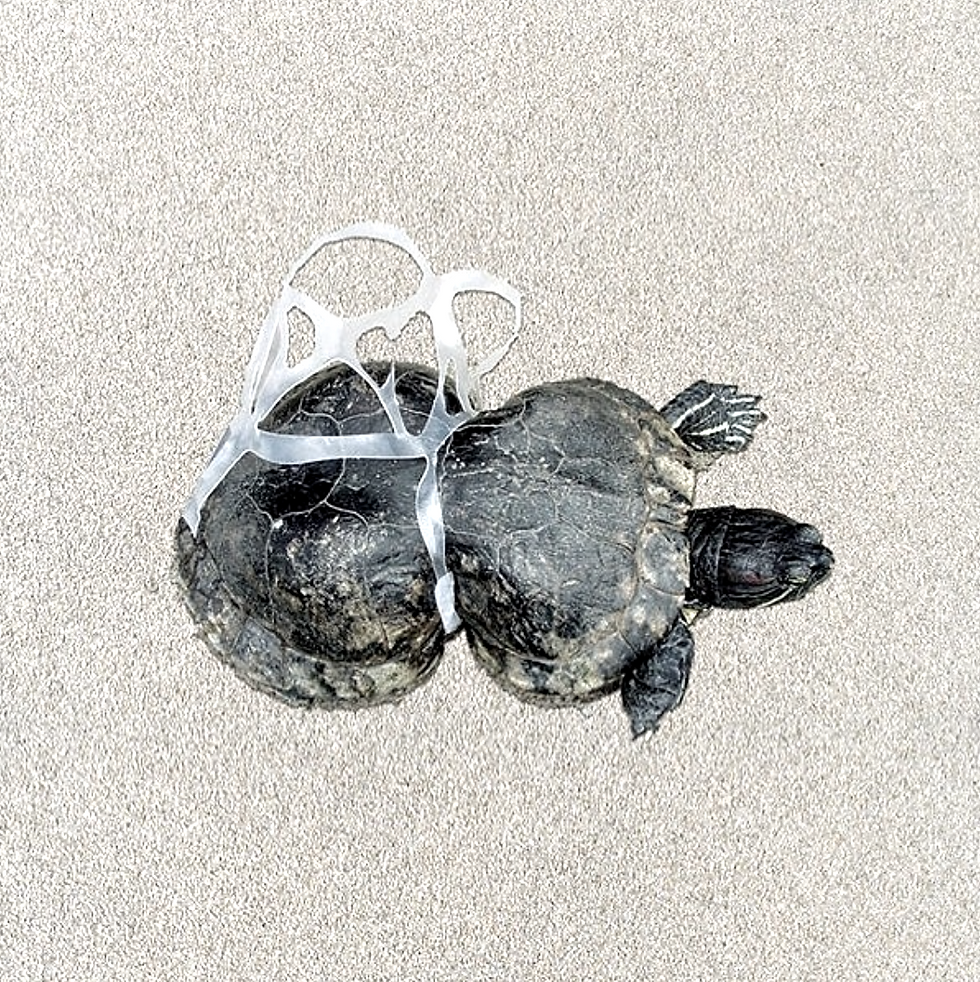PLASTIC KILLS
- B·COME

- 10 jun 2019
- 2 Min. de lectura
Actualizado: 21 jun 2019
Plastic. Flexible material, durable, economical but, above all, polluting. The industry’s preferred material over the last century that is destroying our lives. In short, the material that our Planet can not digest.
Plastic has flooded our daily lives. Their growing production is causing a threat, especially in the seas and oceans where every year, they are recipients of up to 12 million tons of garbage. We found plastic in every corner, on every beach, floating in the water or even in deeper areas.
Each year, the equivalent of garbage reaches up to 1,200 times the weight of the Eiffel Tower, to seas and oceans.
Only 30% of plastics are recycled in Spain.
A plastic bottle takes about 500 years to decompose.
Their use is a problem associated with modes of consumption, most are used for single use packaging and Spain is the fifth largest producer in the EU. The world situation is tragic, its production will be close to 500 million tonnes in 2020 (900% more than in 1980). Particularly harmful are microplastics, fragments of less than 5 mm that may come from the breakage of large pieces or have been manufactured directly like this, such as microspheres present in hygiene and cleaning products such as exfoliants, toothpastes or detergents. It is estimated that each 100ml can contain between 130,000 and 2.8 million of these tiny plastic balls that reach the sea through the drain, because their reduced size makes them not trapped by the filters of the scrubbers. Recent studies have found that marine animals are ingesting these microplastics, which is causing alterations in their feeding and reproduction patterns that they transfer along the food chain to our plates, according to Greenpeace.

In several countries, steps are being taken to end this environmental damage to end our addiction to plastics of use and disposal. Not only is it a change in consumer habits, but the companies that produce them have a much more important role to play. Bet on alternatives and stop making them.
We need solutions on a large scale and you can help with small actions.
Reduce consumption of plastic
Manage the everyday use of plastic
Join initiatives such as Upcycling the Oceans or Plastic Oceans
Adopt a sustainable lifestyle compatible with our planet, thank you
Clara



Comentarios